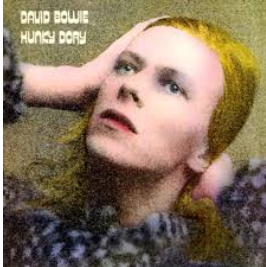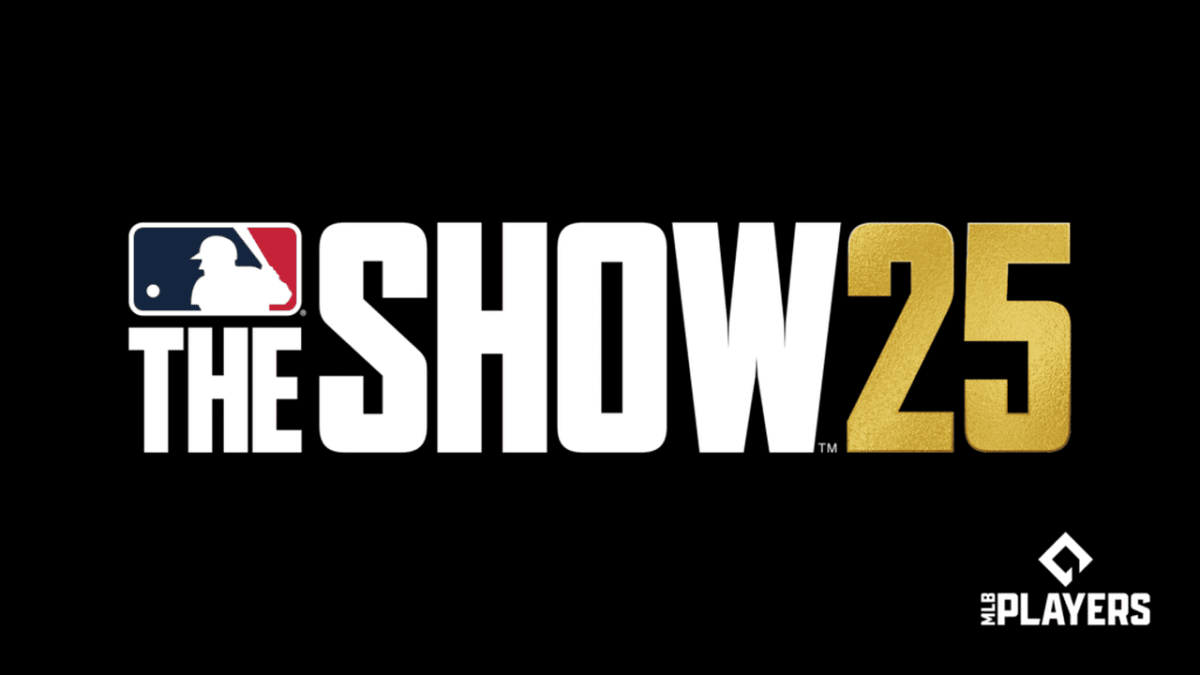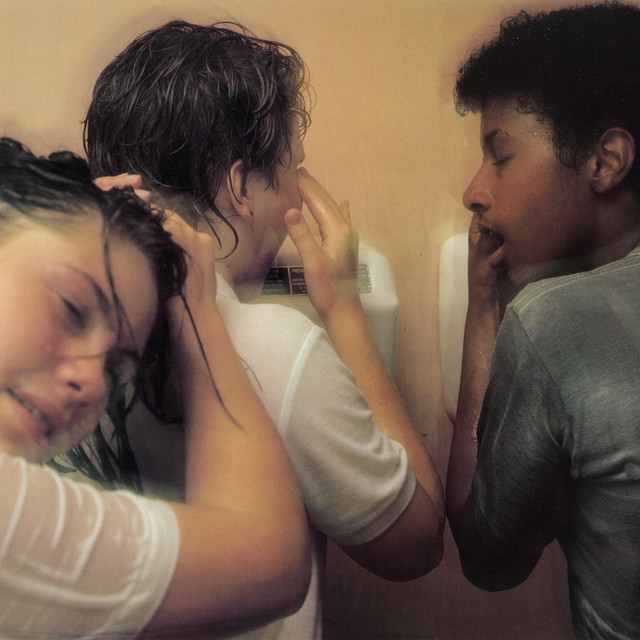
Tired of your Spotify playlists? The Purbalite is here to help with our Essential Listening series.
Over 50 years later, David Bowie’s 1971 album Hunky Dory remains thematically relevant and more musically interesting than most music on the radio.
The opening track is a classic most people would recognize: “Changes.” This is partially due to its continued thematic relevance to society, as well as its appearance in Shrek 2 (2004).
“Changes” is a song about the inevitability of change as young people grow up. It is a tribute to the passage of time and an ever-changing society.
As the track progresses, the music swells and fades to complement the message. It creates an interesting song to listen to and a cohesive theme.
The next song, “Oh! You Pretty Things,” is a bop that continues the idea of a new type of world. This is expected because the album was released in the ’70s and written when Bowie was in Berlin. Bowie would become a prominent celebrity advocating for German reunification.
Still, the themes in both songs of youth-driven change have outlasted the Berlin Wall and apply to today’s world. However, Bowie expresses this in an artful way that is not reflected in the music of today.
“Life on Mars?” offers compelling riffs and a condemnation of society’s increasing commercialism. The song critiques the behavior of people in power, turning the human race into “the best selling show.”
Bowie suggests that living on Mars would be better than the society he is in, and the song expresses this artfully.
On the surface, the last track, “The Bewlay Brothers,” sounds like an epic poem. It tells the story of the titular brothers as they go on adventures of supernatural sorts.
On a closer look, the lyrics seemingly follow no plot. It is an example of Bowie’s eclectic writing, but the nonsense makes it more interesting. While it is not the strongest lyrical piece, it has a vibe that is pleasant to listen to.
Despite being far from normal or popular in the modern day, Bowie’s music is art. Those looking for more interesting music should give Hunky Dory a listen, as long as they are not afraid of it being a little strange.













